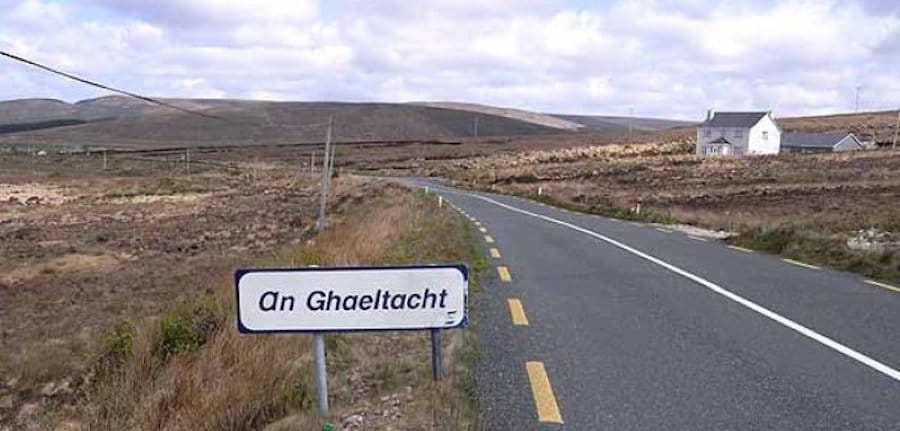This article was translated by John R. Bopp
This article by Patrick McCusker was published back in August 2018 on the Irish website HeadStuff. In it, he analyzes the different situations the Gaelic and Basque languages find themselves in. It may seem like we’re mentioning this a bit late, but really, given the topic and its validity, we’ve been saving it for the right moment to publish it. Now, just a few days before the Korrika, the largest and most media-friendly event that is held in support of the Basque language, we believe is the right time.
This comparative analysis is extraordinarily interesting to us, looking at the different situations and evolution of Basque and Gaelic, and the conclusions, and lessons, that can be drawn from that analysis.
It’s nothing short of surprising to see how a country that has been sovereign for almost a century (Ireland will commemorate the 100th anniversary of its constitution in June 2022) and has been promoting the recovery and normalization of its national language has had less success than a non-sovereign country that’s divided into three administrative regions and had to suffer under a dictatorship that persecuted the language for over 40 years.
It’s clear that there’s still much to do, and a great effort and social commitment need and will need to be made to get Basque to be a language with a guaranteed future. But it’s also clear that Basque education policies, and the people’s commitment, have reversed the death-bound trend our national language was following, and rejuvenated it, giving it energy, life, and opportunities. Never before have so many people spoken Basque, and what’s most important, never have so many people (in absolute and relative numbers) been studying Basque, or have dedicated themselves to learning it (both within and outside the country).
It’s quite interesting to see how were are looked at from abroad, and how they value our work, because this helps us get out of that cycle of self-criticism that seems to always want to focus only on our defects, rather than recognize our success stories (and though many may find it hard to understand, this is very important) and to find the way to improve and correct deficiencies.
HeadStuff – 1/8/2019 – Ireland
A Tale Of Two Languages | Lessons From The Basque Country
here once was a small European nation, whose people found themselves part of a much larger and more powerful state. These people had their own language at one time. However, centuries of marginalisation from the state education and legal system, migration and the overwhelming economic necessity of learning another, more widely spoken language had seen its use decline.
(Follow) (Automatic translation)
Last Updated on Dec 20, 2020 by About Basque Country





